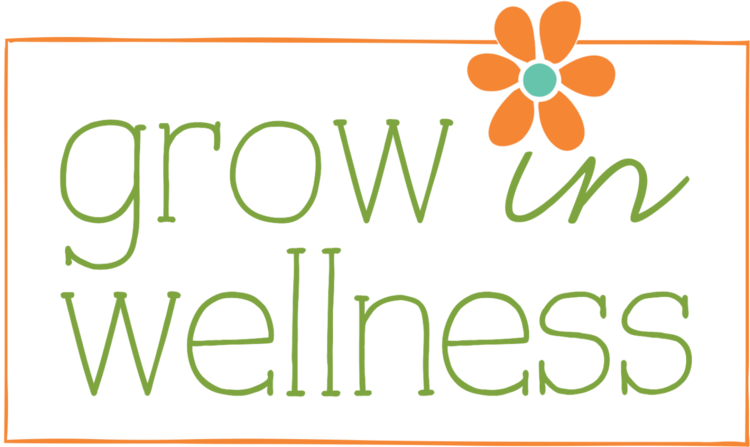Are You Getting All Your Vitamins?
 ©shutterstock.com
©shutterstock.comDo you get enough of this underrated and often forgotten supplement?
If you don’t, you might have poor concentration.
If you don’t, you might have poor skin quality.
If you don’t, you might have sugar cravings.
If you don’t, you might be cranky or irritable.
If you don’t, you might be gaining weight
If you don’t, you might have a poor immune system and are often sick.
And lack of it could be contributing to heart disease and diabetes.
Do you know what supplement is lacking in all of those situations?
Sleep.
That’s probably not news to most of you, but that doesn’t mean it is any less important. Sleep deprivation is a chronic problem in our country. The vast majority of people don’t take the need for sleep seriously. Technology has brought us to a place where we can be connected any hour of the day and many get sucked into this false sense of productivity. The irony of this is that staying up late to get things done does nothing to improve performance and in fact decreases performance and leads to the conditions I listed above. Sleep deprived drivers can be more dangerous than drunk drivers and just recently a tired railroad engineer contributed to the December train derailment in New York.
Don’t underestimate the need or the power of sleep.
“The process of sleep, if given adequate time and the proper environment, provides tremendous power. It restores, rejuvenates, and energizes the body and brain. The third of your life that you should spend sleeping has profound effects on the other two thirds of your life, in terms of alertness, energy, mood, body weight, perception, memory, thinking, reaction time, productivity, performance, communication skills, creativity, safety, and good health.” (from the book Power Sleep by Dr. James B. Maas)
Consider these statistics from the US National Library of Health:
- One night of good sleep can improve your ability to learn new motor skills by 20%
- Eight hours of quality sleep increases your ability to problem solve by 50%
Sleep is also a key factor in a healthy immune system and interrupted or shortened sleep robs the body of the chance to repair itself. Sleep can also help regulate our appetite through balancing our “hunger“ hormones leptin and ghrelin. When we are sleep deprived we may feel the need to eat more which can lead to weight gain.
What can you do if you are a victim of sleepless nights? Here are helpful tips to help improve your sleep… and your health.
1- Keep a regular sleep/wake schedule (go to bed before 11:00pm) 6 to 8 hours per night is ideal
2- Avoid alcohol or caffeine six hours before bed
3- Avoid heavy meals before bed
4- Exercise regularly and early in the day
5- Minimize light (including screens) a minimum of 30 minutes before bedtime (this may include needing to turn down the brightness on your clock)
- Install F.lux (it is free) on all computers and devices to reduce blue light and improve sleep
6- Make sure your room isn’t too warm (70 or below is best)
7- Try eating these foods before bedtime that have shown to help with sleep:
- Bananas – rich in potassium and a good source of vitamin B6, which is needed to make melatonin (a sleep hormone
- Tart Cherry Juice or Fresh Cherries – naturally high in melatonin.
8- Take a hot bath before bed… add a cup of Epsom salt for increased magnesium (an anti-stress mineral)
If you did have a late night or know you have long night ahead of you, the National Sleep Foundation promotes the idea of a 20-minute nap. It’s long enough to give you a reprieve and improve short-term alertness, but not too long to interfere with your nighttime sleep.
If you could do just one thing to increase your brainpower, build muscle, lose fat, look better, and live longer – would you do it? It’s as simple as getting a good night’s sleep. Think of it as Vitamin S. Make this supplement a priority and see how much better you feel and perform.
* note: some people have disturbed or unrestful sleep because of an underlying medical issue, such as sleep apnea. If you continue to struggle, consider seeking a medical evaluation.
